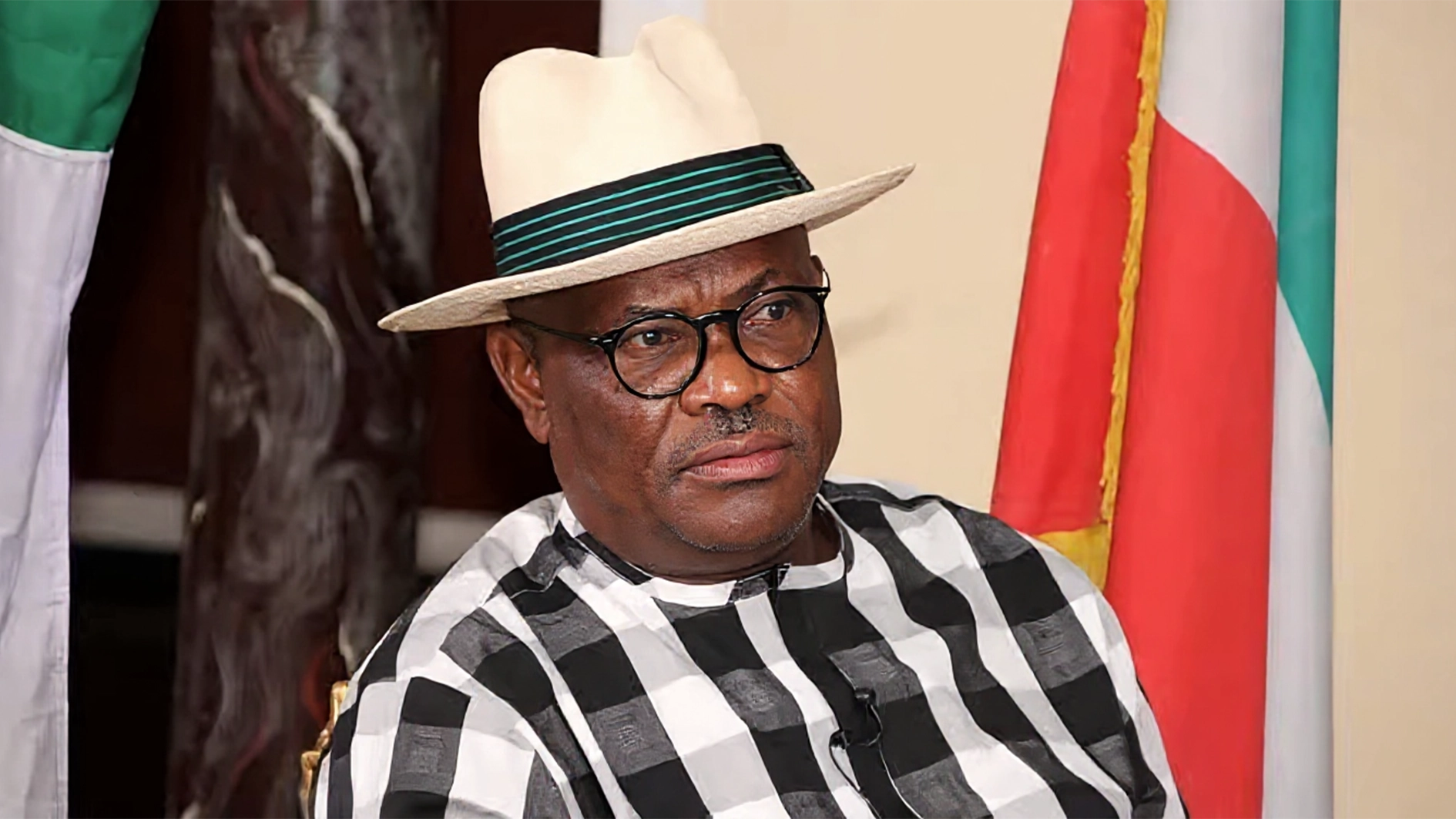The Federal Government has disclosed plans to establish agriculture mechanisation service centres across the country’s geopolitical zones.
The Minister of Agriculture and Food Security, Senator Abubakar Kyari, suggested that the federal government would set benchmarks that will guide the production and utilisation of agricultural machinery in Nigeria for decades to come.
The centres, once completed, will handle training, repairs, and the coordination of agricultural technologies.
Speaking at the 25th International Conference and 45th Annual General Meeting (AGM) of the Nigerian Institution of Agricultural Engineers (NIAE) in Ilorin, themed: Standardisation and Promotion of Proven Technologies for Agricultural Production and Value Addition in Nigeria, Kyari said: “Beyond acquisition, our focus remains on standardisation, local assembly and maintenance systems, ensuring that every machine deployed is fit for purpose and supported by skilled technicians.”
The minister stated that Nigerian farmers deserve home-grown technologies, “that are developed with deep understanding of our soils, our crops, our scale of farming, and the labour dynamics of our rural communities.”
Subsequently, Kyari encouraged collaboration between the Federal Ministry of Agriculture and Food Security, which represents the National Centre for Agricultural Mechanisation, and Tanta Motors of Egypt.
“The young mould making machine, which was originally developed by NCAM here in Nigeria, serves as an example of what we can achieve even more through collaborations.
“The essence of NCAM Tanta Motors’ collaboration is to facilitate mass production and commercialisation of proven home-grown technologies. I am pleased to inform you that the collaboration has led to an improved young mould-making machine. The true model has been redesigned to function both as a mould maker and a ridge maker.
“Giving farmers the freedom to adopt the environment geometry is most suitable for their region and preferred cultivation practice. This collaboration will eventually lead to local manufacturing and assembly in Nigeria.
“This collaboration will also extend to other technologies developed by NCAM, including the mechanical weeder, the cassava stem planter, the grain and seed planter, and the multi-crop treasure. All of which are being prepared for standardisation and commercialisation under a joint NCA/TM branding arrangement,” he explained.
In his address, the NIAE national chairman, Engineer Joshua Olaoye, urged Nigerian engineers, innovators and policy influencers to channel their collective expertise toward designing and deploying affordable, adaptable, and locally manufactured machinery that meets the needs of smallholder farmers in the country.
The agricultural engineer stated that smallholder farmers constitute the majority of Nigeria’s farming population.
“As we celebrate 50 years of dedicated service to the agricultural sector, let this gathering mark the dawn of a new era of purposeful engineering — one that translates ideas into implements, research into results, and technology into transformation.
“Together, we shall drive the mechanisation revolution that Nigeria needs for food security, job creation, and national prosperity,” he said.
He also said that the maiden national agricultural machinery exhibition, organised in collaboration with the NCAM, is an initiative designed to bridge the gap between innovation and adoption.
Through this platform, we are showcasing home-grown and field-tested technologies — tractors, planters, threshers, harvesters, dryers, and processing machines — developed by Nigerian engineers and fabricators to enhance productivity, reduce drudgery, and boost food security.
“This exhibition is a practical demonstration of our readiness to transition from theoretical research to tangible engineering solutions that empower farmers and agripreneurs across the country,” he added.






